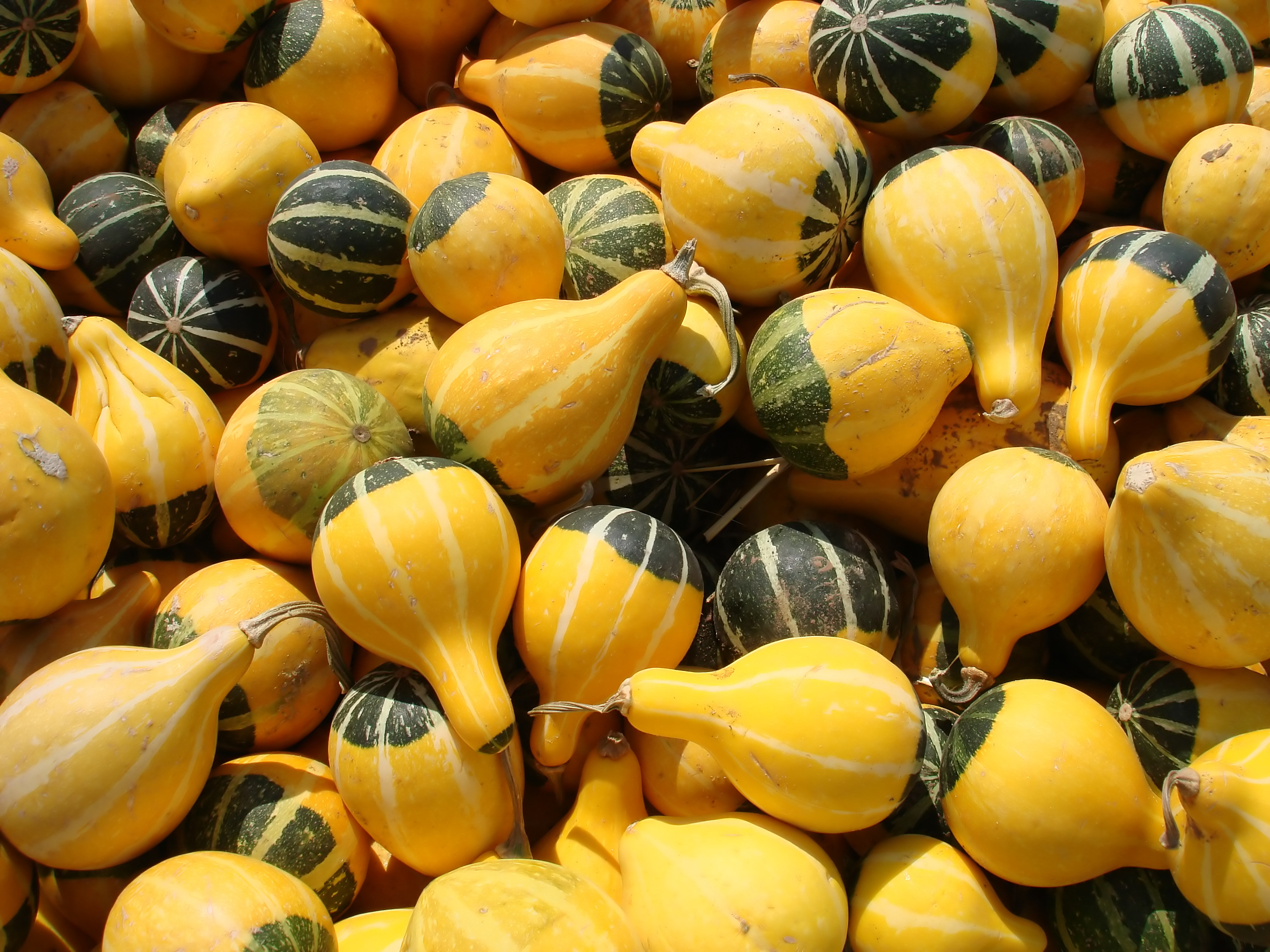
MONDAY, Sept. 14, 2015 (HealthDay News) — Eating a Mediterranean diet, rich with plant foods, fish and olive oil, has been found to be good for the heart, the brain and overall health. Now, a new study out of Spain suggests the diet supplemented with olive oil may also reduce the risk of breast cancer.
Researchers randomly assigned more than 4,200 women, ages 60 to 80, to eat either a Mediterranean diet supplemented with extra virgin olive oil or with nuts, or a low-fat control diet.
“We found a strong effect of a long-term dietary intervention with the Mediterranean diet and extra virgin olive oil on breast cancer incidence,” said Dr. Miguel Angel Martinez-Gonzalez, a researcher at the University of Navarra in Pamplona, Spain.
Compared to the control diet group, the Mediterranean plus olive oil group had a 68 percent lower risk of developing breast cancer over a follow-up of about five years.
The Mediterranean diet with nuts also reduced risk, but the results were not considered statistically significant.
During the follow-up, 35 new breast cancer cases were diagnosed.
The women, who joined the study in 2003 to 2009, were all at high risk of heart disease, and their average body mass index, or BMI, was 30, which considered is obese. Obesity itself is a risk factor for breast cancer.
The study was done within the framework of a large study called PREDIMED, designed to look at the effect of the diet on heart disease prevention. It was published online Sept. 14 in JAMA Internal Medicine. Some of the co-authors reported receiving grants from the nut industry and fees from pharmaceutical companies.
The authors did note there were limitations in the study, including that breast cancer was not the primary end point and that it was unclear whether the olive oil was beneficial on its own or taken within the Mediterranean diet.
How might the olive oil added to the diet work? Substances in the olive oil, Martinez-Gonzalez speculated, may inhibit the growth of the breast cancer cells and kill abnormal cells, among other potential mechanisms.
The study group adding olive oil were told to eat about 4 tablespoons a day, Martinez-Gonzalez said, and to use it as a spread, for salads and for cooking and frying. Those in the nut group were told to add about an ounce of nuts a day, half walnuts and the other half split between hazelnuts and almonds.
While the study was conducted with women from Spain, “there is no reason to think that these biological mechanisms will not work in women from other geographical regions,” Martinez-Gonzalez said.
The research also suggests that it’s never too late to change eating habits for health, he added.
Connie Diekman, director of university nutrition at Washington University in St. Louis, reviewed the study findings.
“This study provides an interesting look at the potential role of fats, both total and type of fat, on breast cancer incidence,” said Diekman, author of “The Everything Mediterranean Diet Book.”
She added, “While the actual number of [breast cancer] cases was small, and thus makes it hard to say for sure that diet was the factor that made the difference, the fact that the diet with extra virgin olive oil resulted in fewer cases of breast cancer is worth assessing.”
Questions remain, Diekman added, about what impact the women’s nutrition before the study had, and how exercise and other factors might have played a role.
“As a registered dietitian, my main take-away from this study is the value of the Mediterranean diet to overall health continues to grow in research support. Shifting an eating plan to more plant foods and plant-based fats is going to be beneficial to overall health, even if we don’t completely understand the mechanisms,” she said.
Dr. Lesley Taylor, a breast surgeon and assistant clinical professor of surgical oncology in the Breast Program at City of Hope Cancer Center in Duarte, Calif., also reviewed the results and noted that the strengths of the study included the large number of women.
She called the study findings “great news for people interested in breast cancer prevention.”
But, Taylor added, the findings might not be applicable to all groups of women. “Longer-term studies are still needed,” she said.
Other strategies for reducing breast cancer risk that Taylor recommends include eating a diet rich in vegetables, drinking alcohol only moderately, not smoking and undergoing breast cancer screening as recommended by a doctor.
More information
To learn more about the Mediterranean diet, see Oldways.
Copyright © 2026 HealthDay. All rights reserved.

